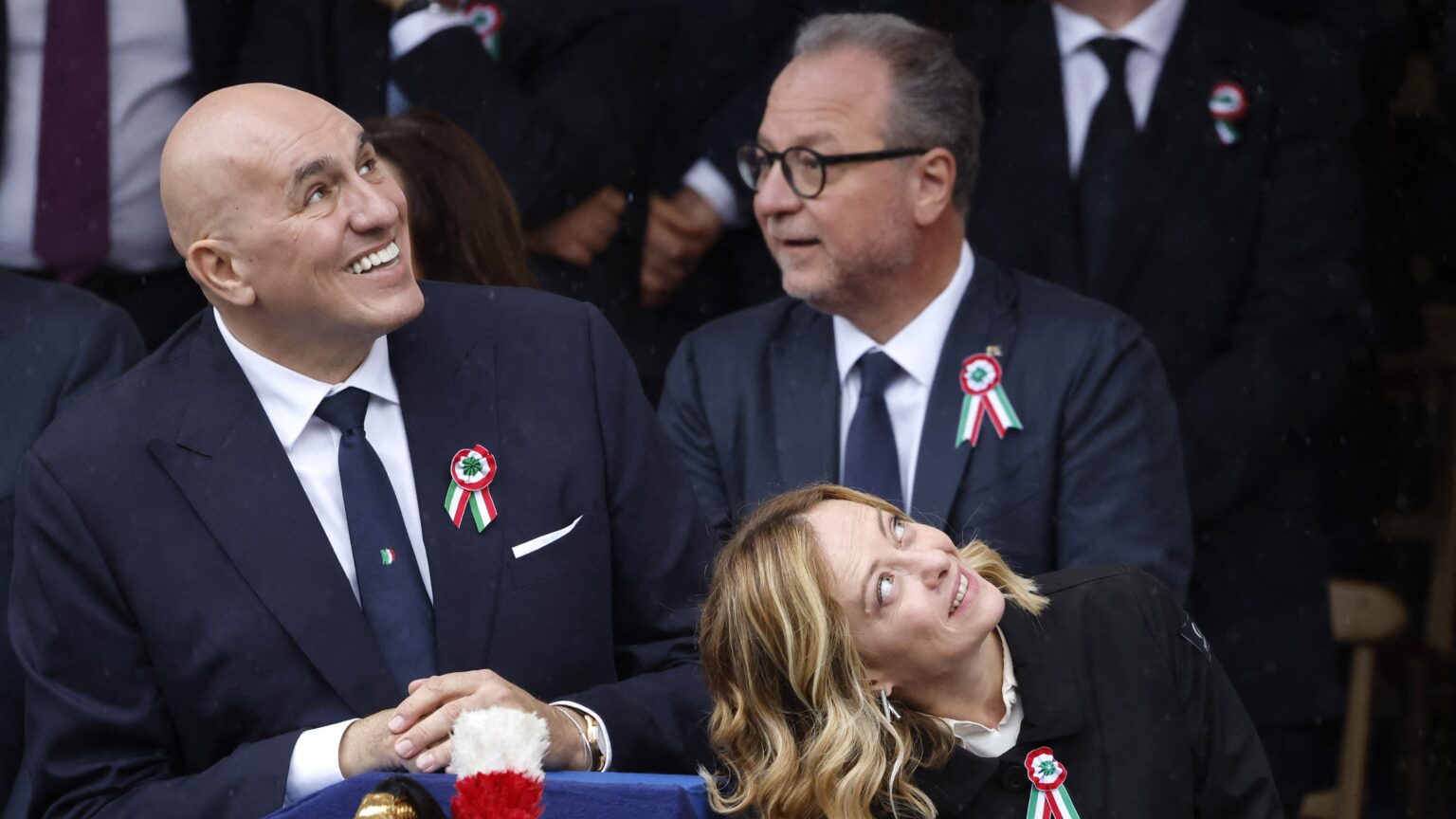
Italian Defence Minister Guido Crosetto’s recent remarks voicing concern about the Ukrainian incursion into Russian territory have drawn ire from Italian commentators. Under Giorgia Meloni’s leadership Italy has consistently backed Ukraine in both rhetoric and material support. However, her public position also reflects the constraints imposed by her governing coalition, which includes pro-Russia politicians. Meloni’s balancing act requires deft political manoeuvring as she seeks to maintain support for Ukraine while navigating a divided public opinion at home.
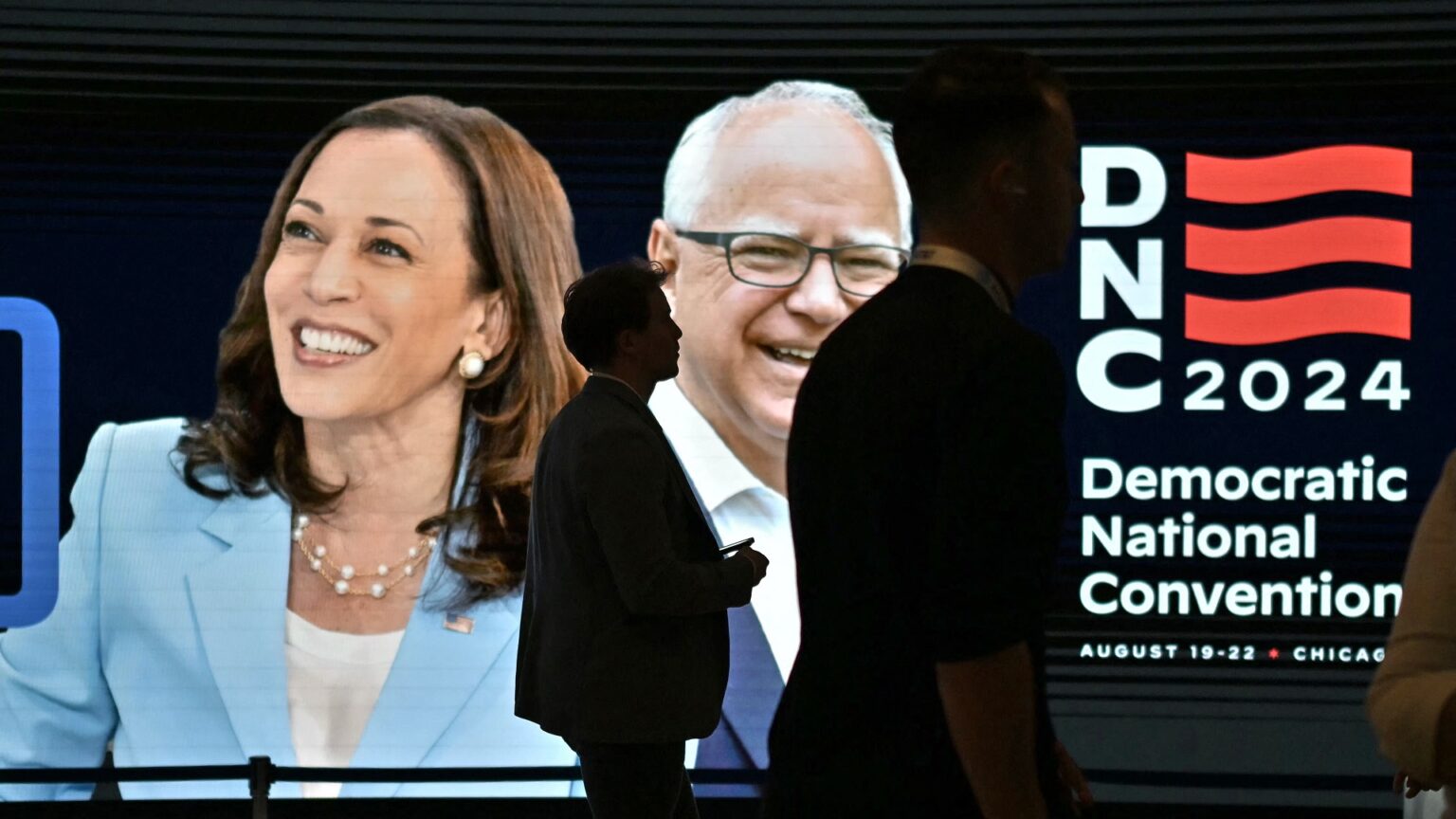
An awful lot of rare historical events for one election cycle happened this year in the US, most of which do not favour the incumbent party. Nothing is a better testament to that than the fact that this week in Chicago it will be Vice President Kamala Harris who accepts the nomination, and not President Joe Biden. That is despite President Biden, as billionaire Elon Musk pointed out in a post on his own social media platform X, having been very adamant about staying in the race until just a month ago.

In terms of the volume of electronic sales Hungary is performing well, with 23 per cent of companies’ net revenue derived from online sales, surpassing the EU average of 18 per cent.

Alongside students from 14 other countries, a Hungarian student is participating in a scientific expedition to the Arctic, sponsored by Russia’s Rosatom. The expedition aims to equip participants with a broad range of knowledge about the northernmost region of our planet. On 17 August Levente Varga raised the Hungarian national flag at the North Pole, which he described as the experience of a lifetime.

Since some data indicated that a storm was inbound, a task force gathered to assess whether or not the fireworks show could be safely held. Albeit with an hour delay, it was eventually allowed to move forward, with over 45,000 individual pyrotechnical effects and 1,300 drones entertaining the crowd.
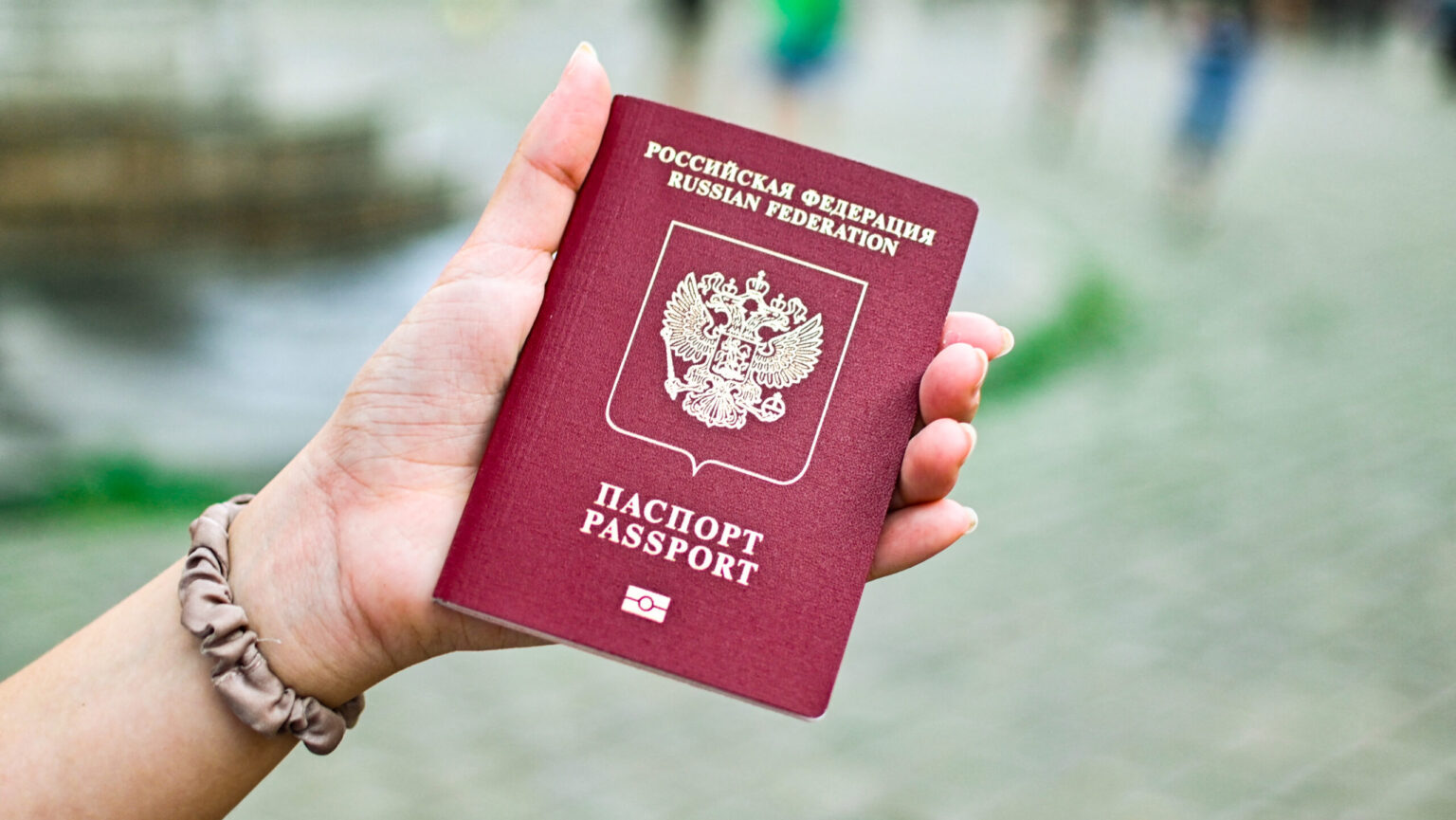
Hungarian Interior Minister Sándor Pintér has addressed the European Commission’s concerns regarding the extension of the Hungarian National Cards programme to Russia and Belarus. In a letter sent to Home Affairs Commissioner Ylva Johansson, Pintér emphasized that Belarusian and Russian guest workers arriving in Hungary would undergo thorough screening to ensure compliance with EU regulations and would not pose a threat to the national security of Schengen member states.
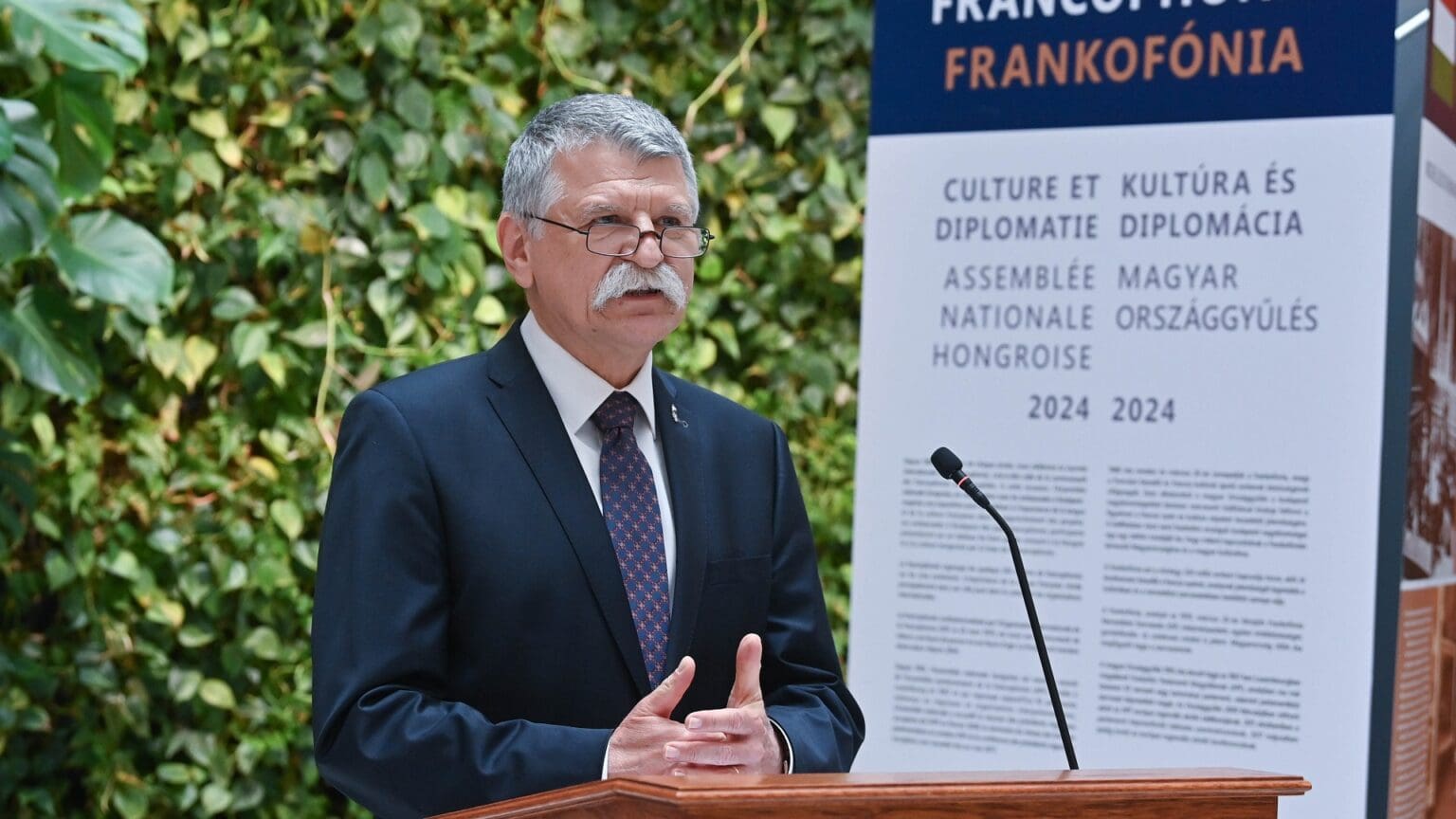
During his lecture at the Rákóczi Association’s All-Hungarian University Students’ Camp, Speaker László Kövér told the audience that even the Coronavirus pandemic did not hinder Hungary’s success in ‘cultural life, in defence policy, and in national policy’ in the years between 2012 and 2022. However, the Russian invasion of Ukraine in 2022 did.
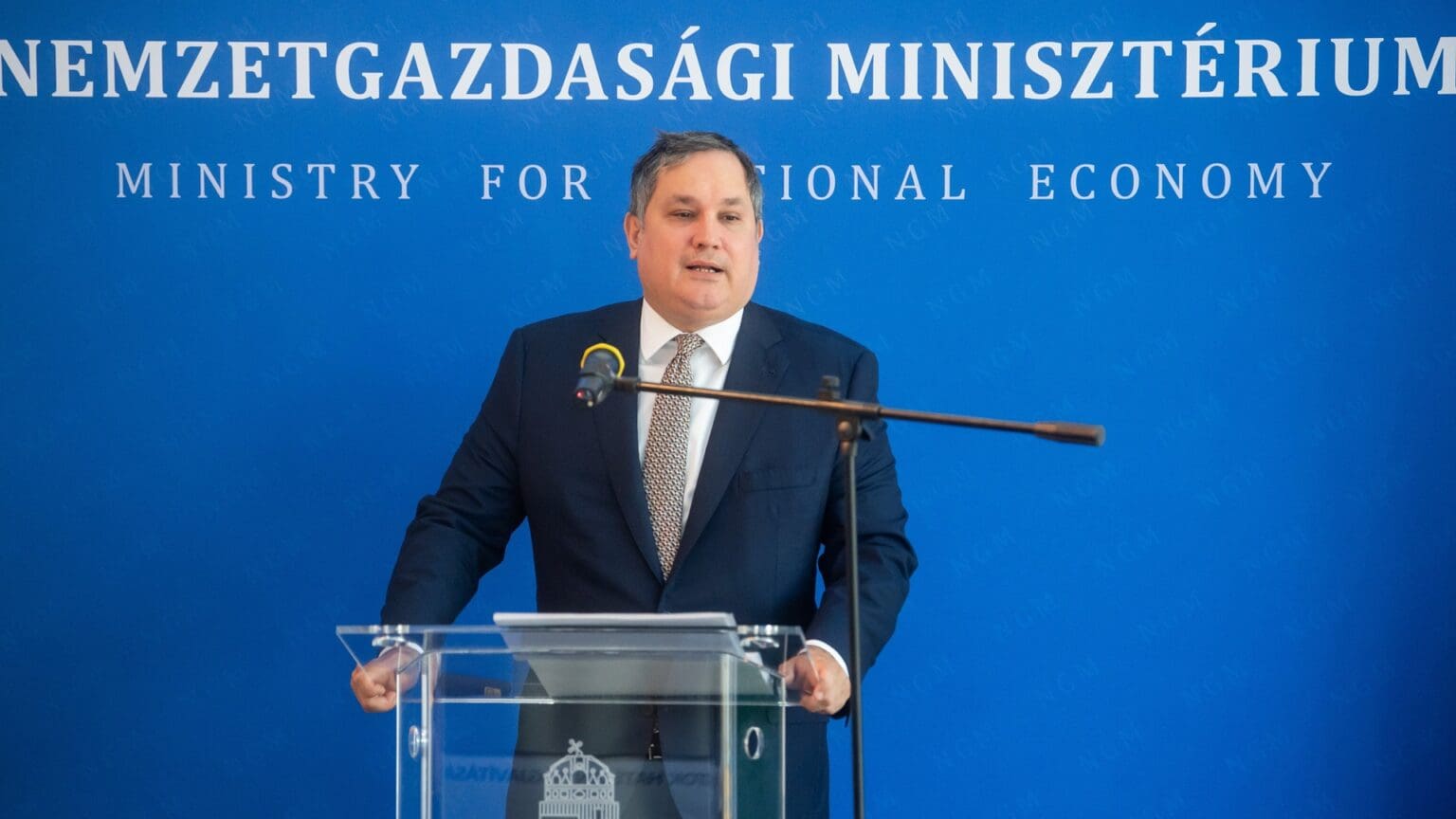
The Hungarian economy could grow by 2 per cent this year, a downward revision from the 4 per cent forecast at the end of last year. This adjustment is attributed to the population’s caution in spending, which is only gradually diminishing after last year’s high inflation. Nevertheless, consumption growth is driving the Hungarian economy this year, even though the savings rate remains at a historically high 15 per cent. Márton Nagy noted that while investment and exports are exerting a negative impact on growth, sectors such as retail sales, tourism, and services are contributing positively.

Currently, the robots transporting components for the PPE motor production line cover a total of 131 kilometres per day. The software that monitors this robot fleet was developed with new ideas and solutions contributed by company staff.

Paks are facing the Czech Mladá Boleslav, and Puskás Akadémia are facing the famous Italian team Fiorentina in the play-offs of the Conference League. Meanwhile, Ferencváros are the heavy favourites to beat the Bosnian side Borac Banja Luka and thus reach the newly established league phase of the Europa League.

The country’s premier motorsport venue is now unrecognizable, with the main building and the grandstands at the finish line already dismantled. The entire renovation will cost 105 billion HUF and will be completed by the 2026 Hungarian Grand Prix.
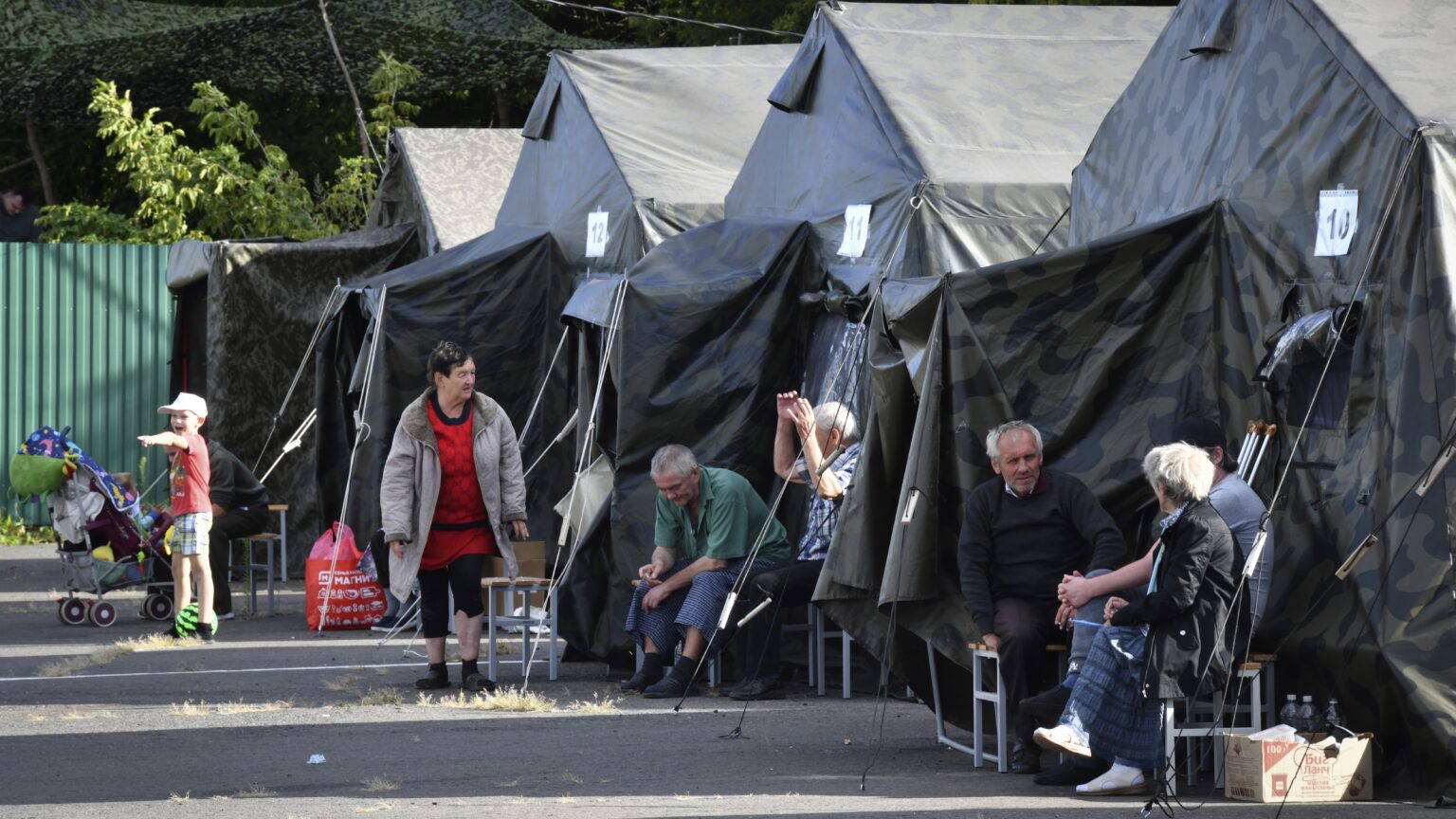
Both Ukraine’s desperate actions to bring the war to the Russian populace and the humiliation inflicted on Russia by demonstrating its inability to push Ukrainians back to behind its 1991 borders might actually signal the war is heading to an end. As neither side seems to be able to decide the outcome of the conflict with military means, the Ukrainian attempt can be interpreted as a last effort to capture more bargaining chips before the inevitable peace talks.
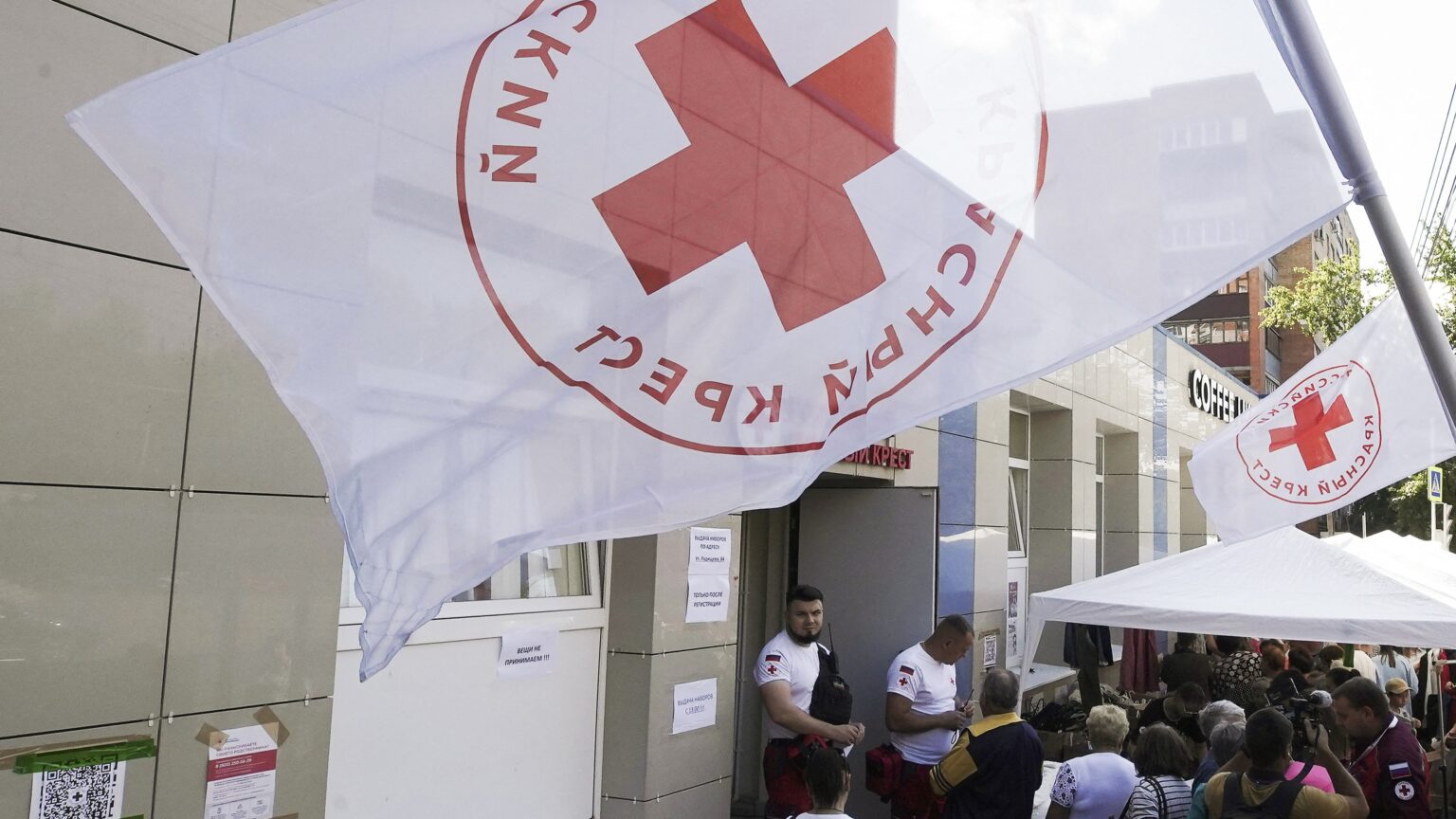
On 13 August the European Commission disbursed nearly €4.2 billion to Ukraine under the First Pillar of the Ukraine Facility. During the four-year plan, the EU aims to provide up to €50 billion in grants and loans for the country’s recovery, reconstruction, and modernization. Meanwhile, Kyiv has made gains in Kursk, which, according to the Institute for the Study of War, is a pivotal moment in the war with the potential to change its trajectory.

In the days after the attack Israeli and international Jewish organizations raised around half a million dollars for the grieving Druze families affected by the horrific attack. Head of the Majdal Shams City Council Dolan Abu Saleh highlighted that the Druze want peace in the region.

Drawing on her experience from Paris, Vas closely marked Faulkner, responding perfectly to every move. Among the four riders who persevered to the finish, Vas proved to be the fastest in the uphill sprint.
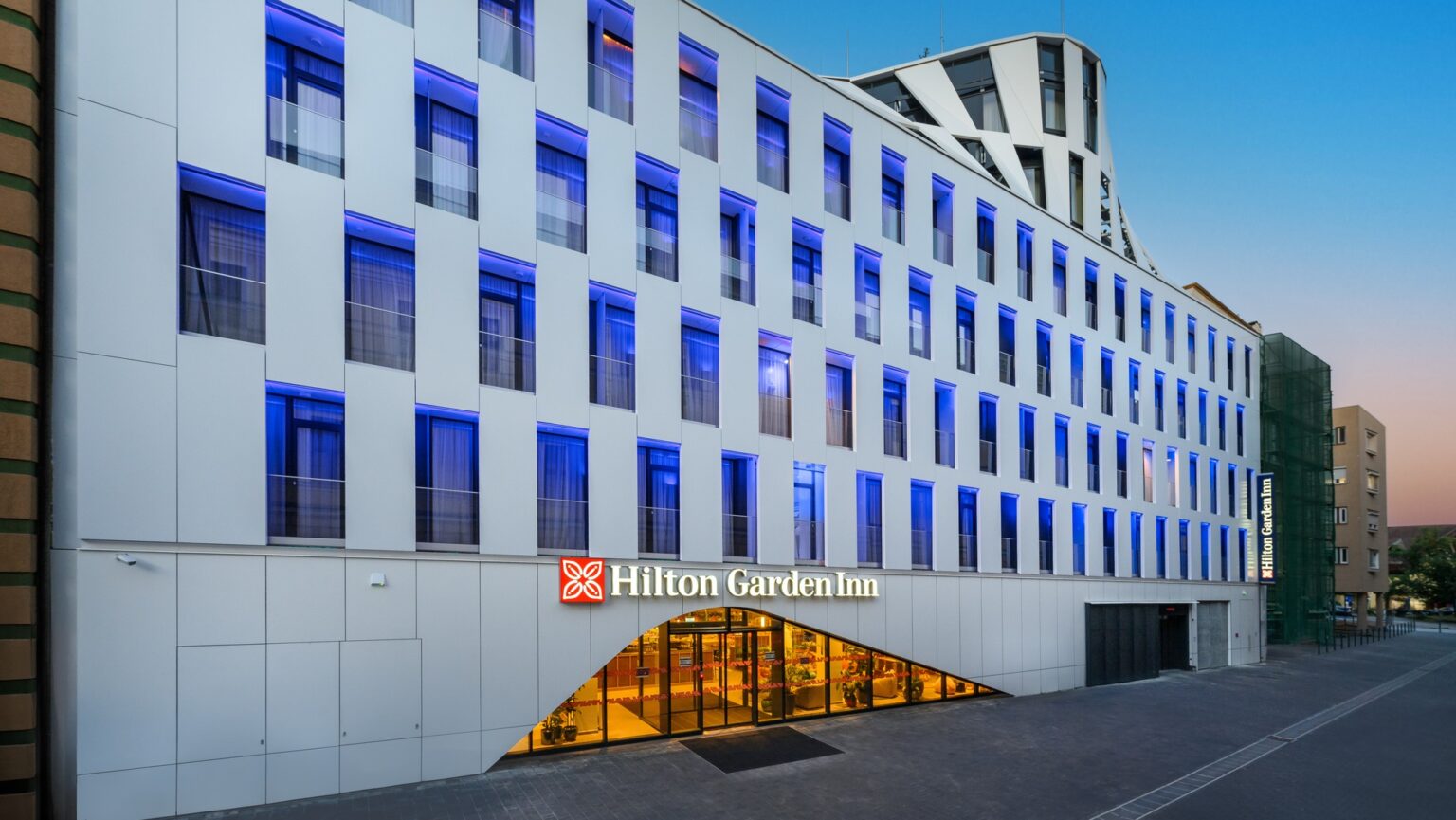
Hungary’s first Hilton hotel outside Budapest has opened in Debrecen. According to the city’s mayor, László Papp, the new hotel was created in appreciation of the touristic appeal of the city. In fact, tourism figures for the first half of 2024 have already surpassed those of last year’s record-breaking year, giving cause for optimism. Interestingly, Hilton Budapest, which opened in 1977, was the first Hilton on the eastern side of the Iron Curtain.
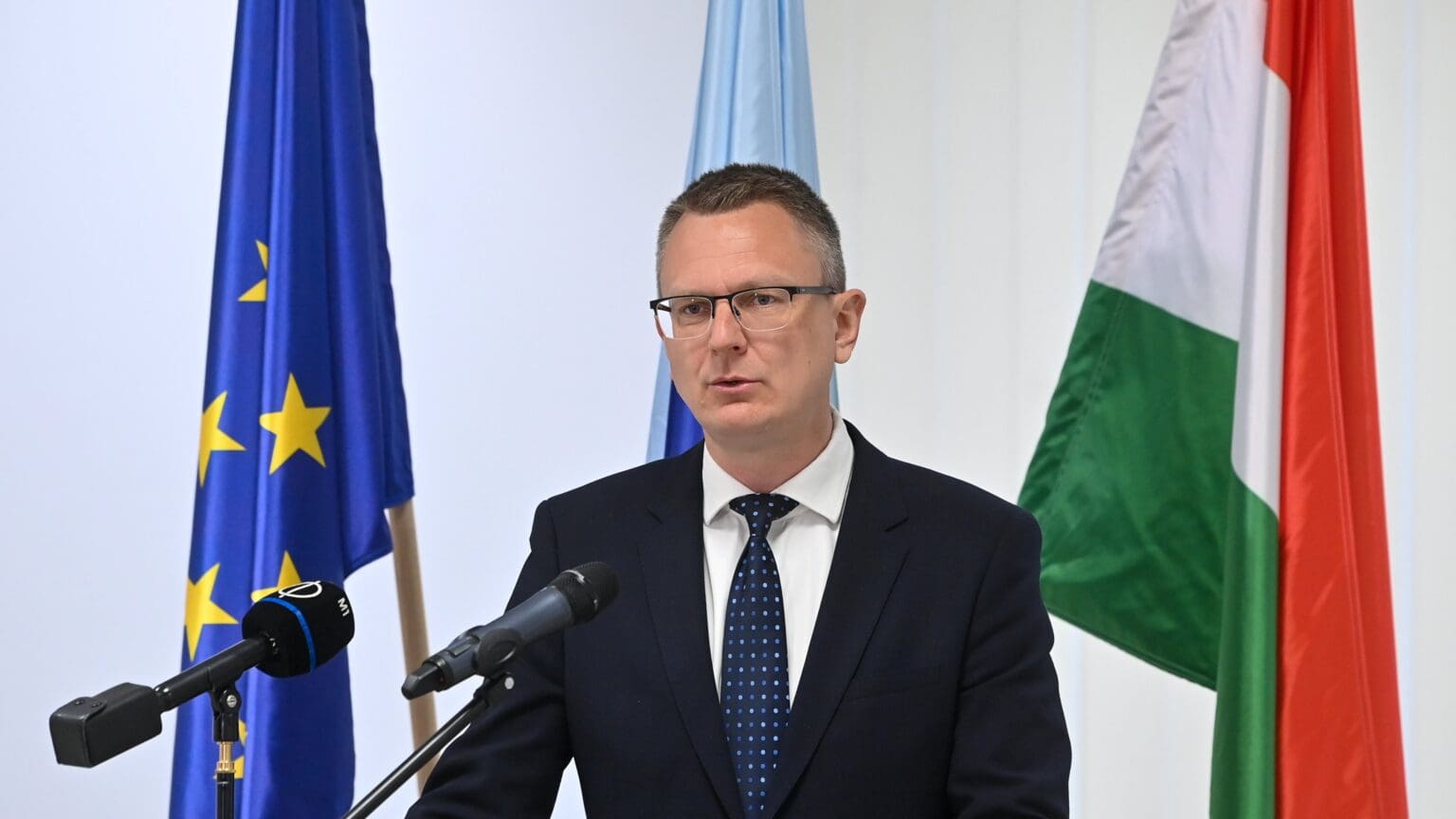
In a clip shared on X Interior Ministry State Secretary Bence Rétvári stated that Hungary is being punished for defending the EU’s external borders, and called the judgement by the European Court of Justice ‘obvious political pressure’ to coerce the country into letting in masses of illegal migrants and support Brussels’s war policies. However, he warned that an influx of mass migration can lead to riots like we see in the United Kingdom today.
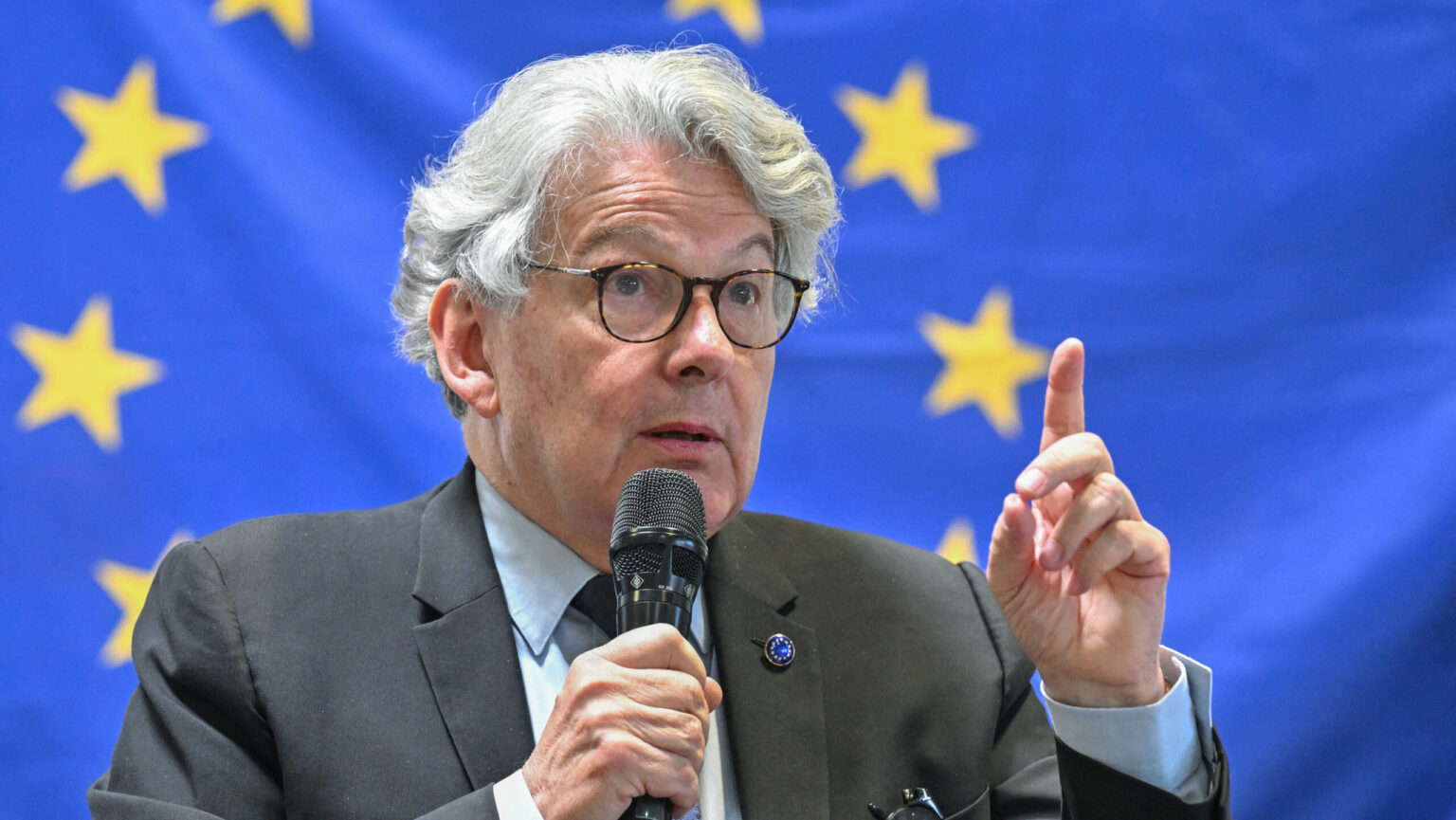
Donald Trump’s campaign team has accused EU Commissioner Thierry Breton of election meddling after he sent a letter to Elon Musk, stating that Musk had a duty to censor potentially ‘harmful content’ on X ahead of Musk’s interview with the former US president. To make matters more embarrassing, it has emerged that Breton did not even inform Ursula von der Leyen of his actions.
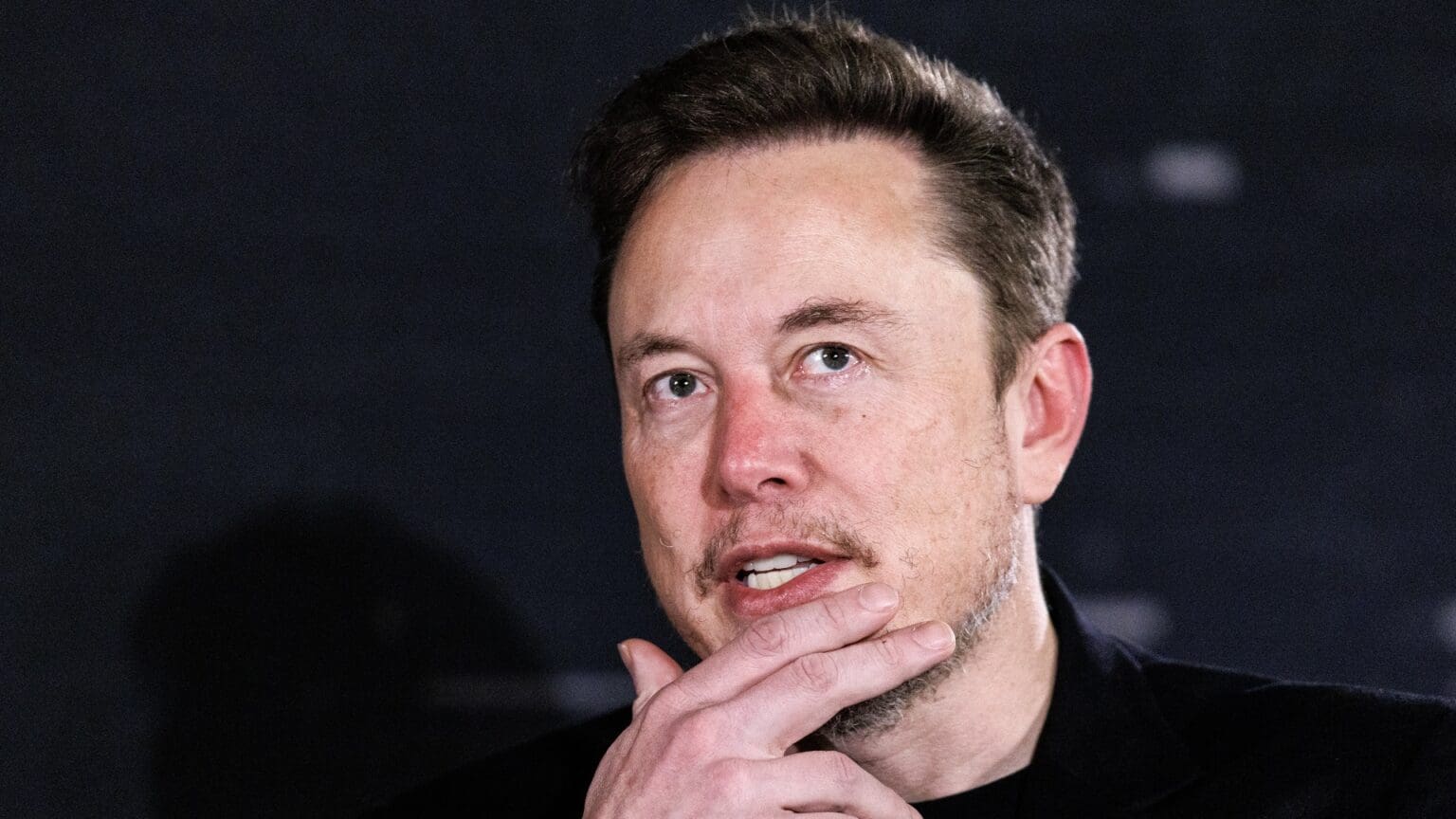
Former co-president of the Hungarian left-wing party LMP András Schiffer has published an opinion piece about the German drugstore chain’s boycott of Elon Musk’s electric car company Tesla for the eccentric CEO’s support for President Trump.
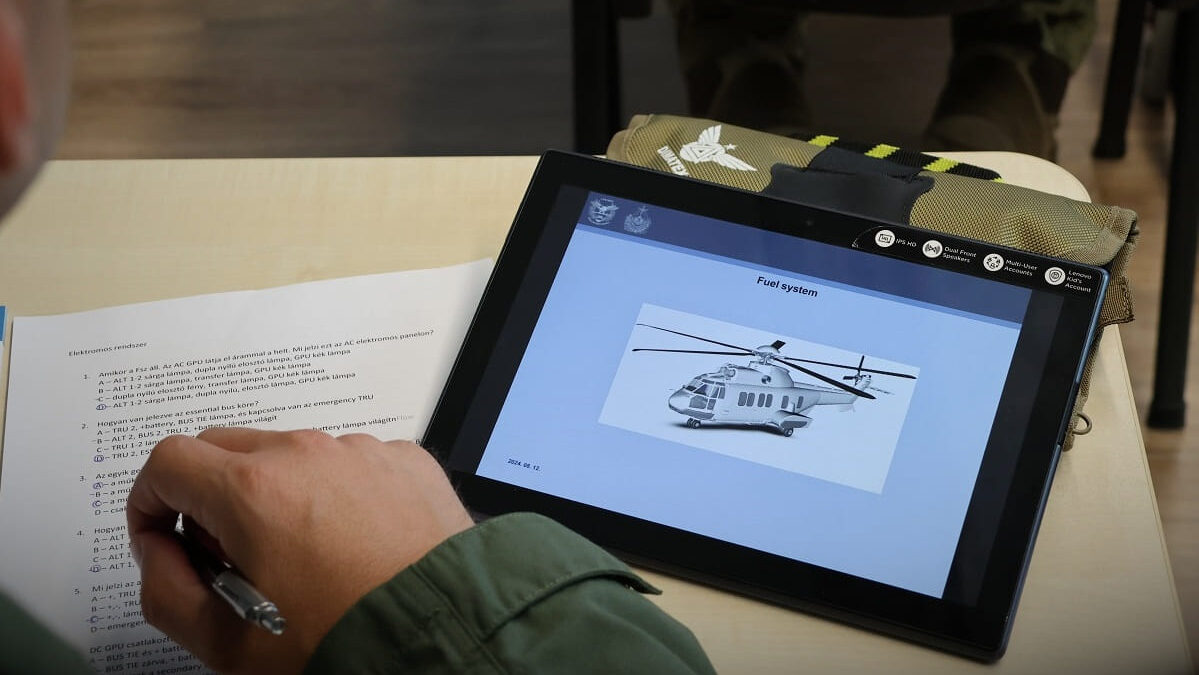
The retraining of twelve personnel is currently underway at the Hungarian Defence Forces (MH) Kiss József 86th Helicopter Brigade, where the pilots are learning the air and ground operation of the new H225 helicopters.
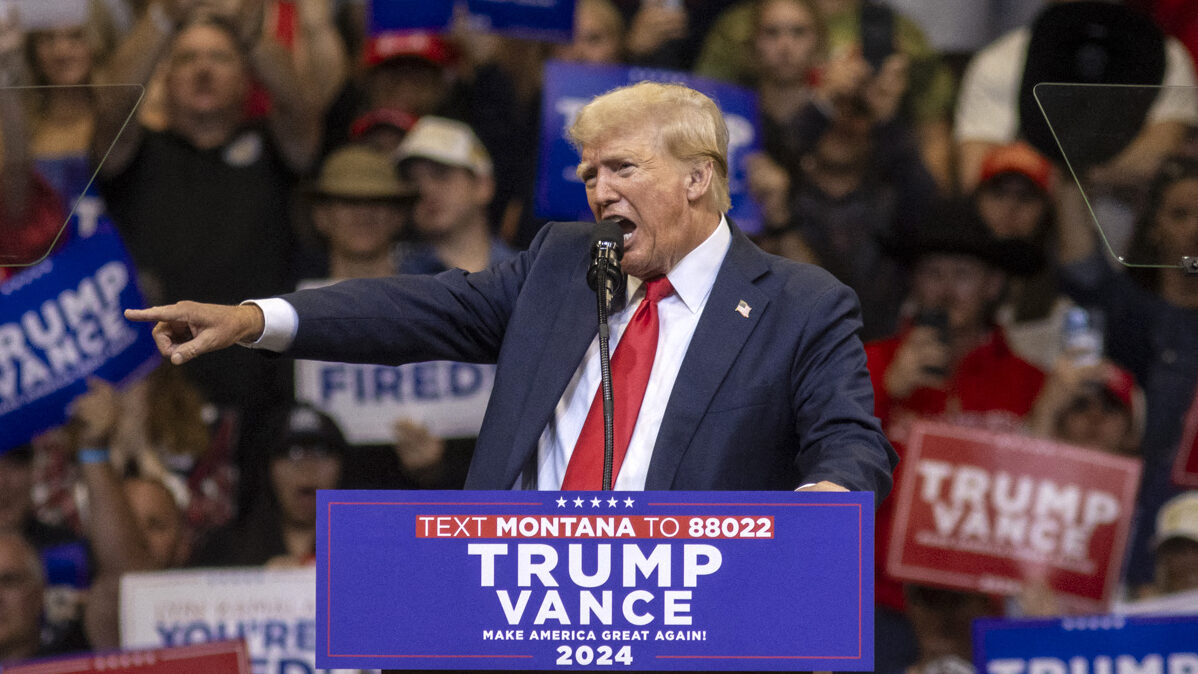
As expected, the ‘chat’ between former US President and current Republican presidential candidate Donald Trump and Elon Musk has gone viral. The interview, broadcast live on X on Monday evening, US time, has garnered over 168 million views by the time of writing. The discussion spanned a wide range of topics, including inflation, the border crisis, and the Democrats’ foreign policy. Trump, of course, did not hold back in his criticism of his opponent, Vice President Kamala Harris.
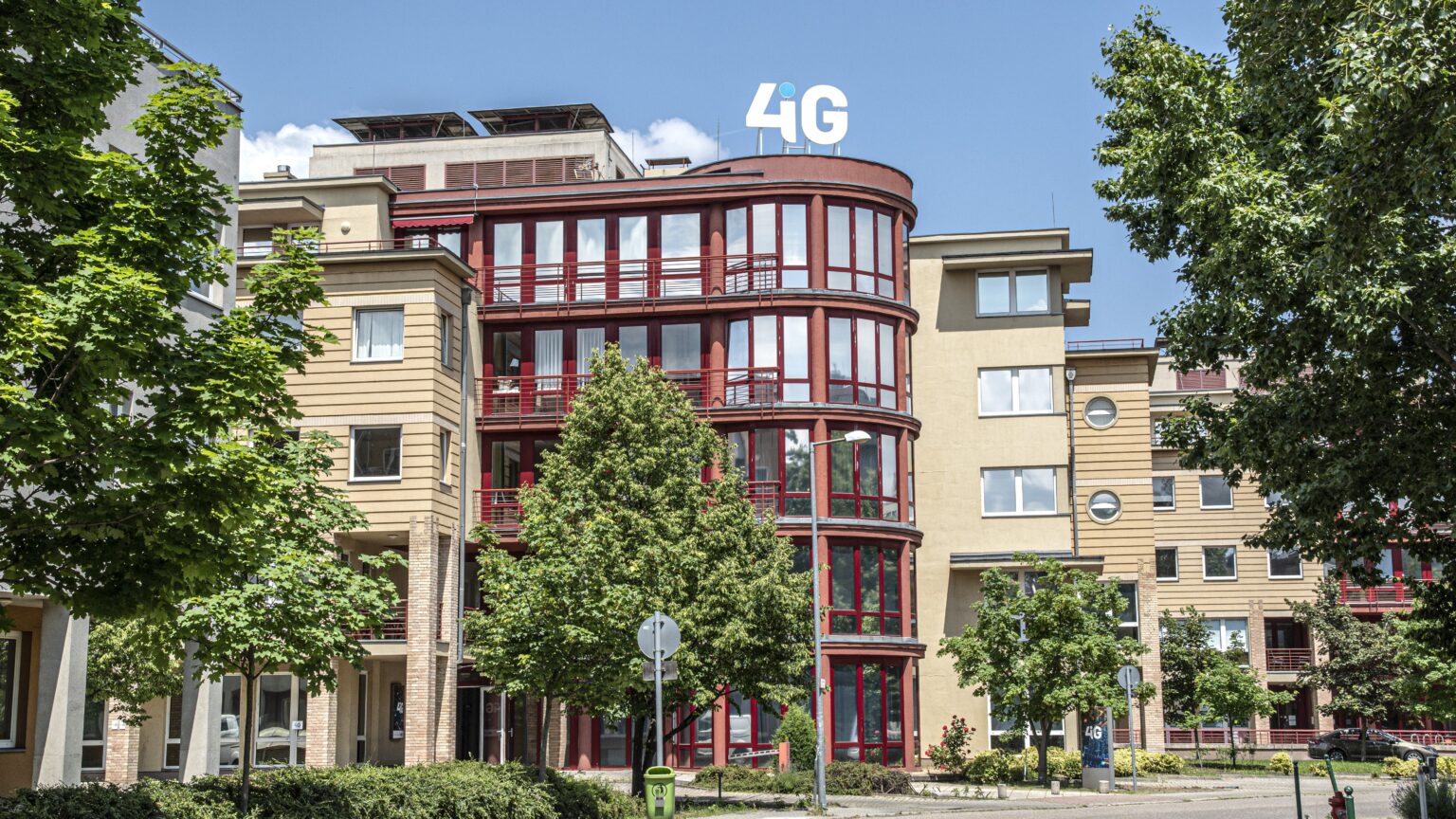
As per the agreement, customers of the 4iG Group—which includes Vodafone Hungary and DIGI—will be able to access the full range of RTL+ content from a single television platform, possibly as part of their subscription.
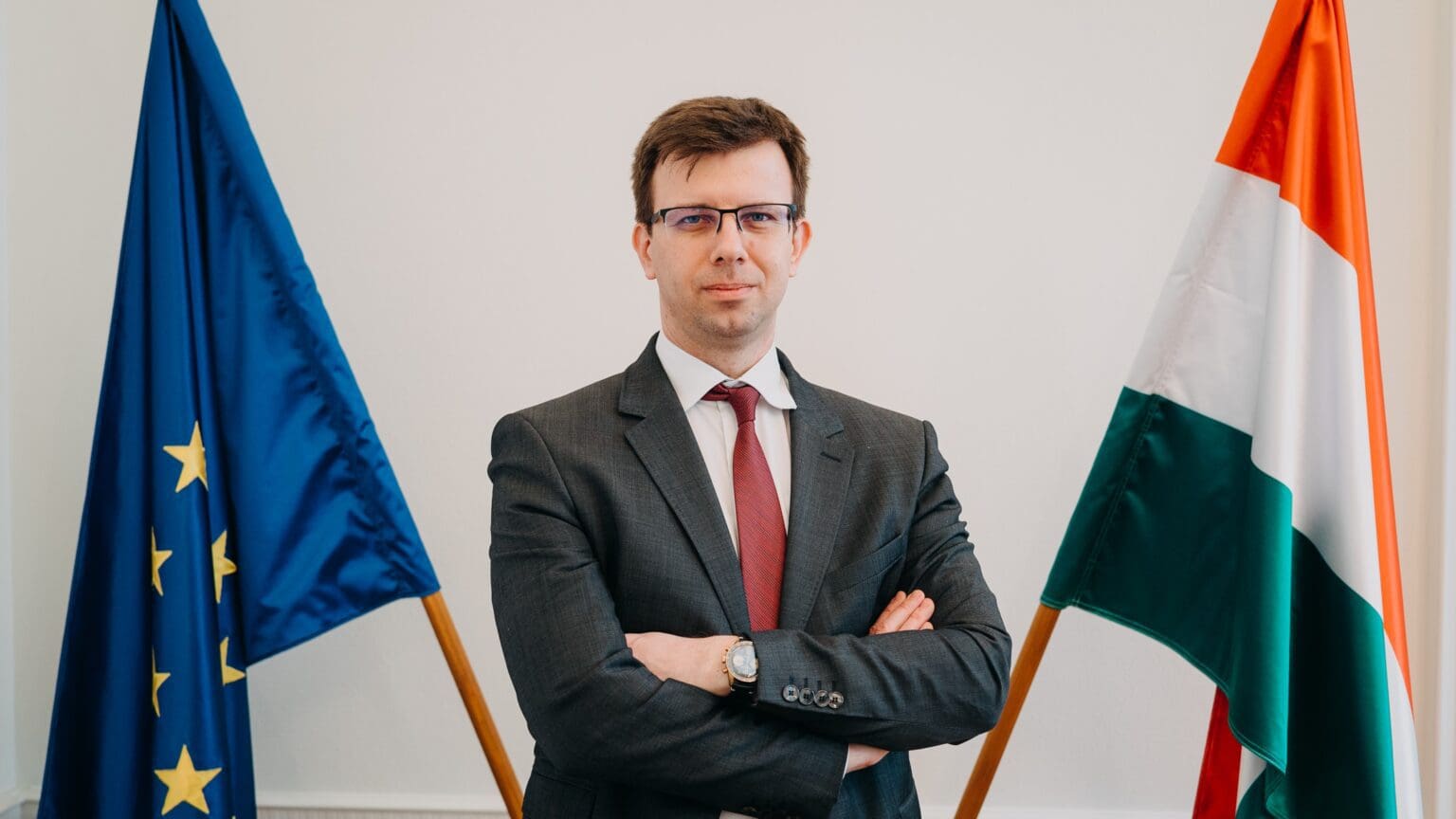
In his Facebook post, Minister for European Union Affairs János Bóka criticized the EU Commission for its mandate concerning Hungary to maintain the capacity to process nearly 8,000 foreign nationals at the border, as per the controversial EU Migration Pact passed by the EU Parliament this April.

MOL supplies nine countries with fuel that includes biodiesel or bioethanol, and in some cases, other renewable materials. The Hungarian oil giant has been involved in biodiesel production since 2008 through Rossi Biofuel Ltd, significantly increasing the volume of biofuels produced in Hungary, now exceeding 200,000 tonnes annually.
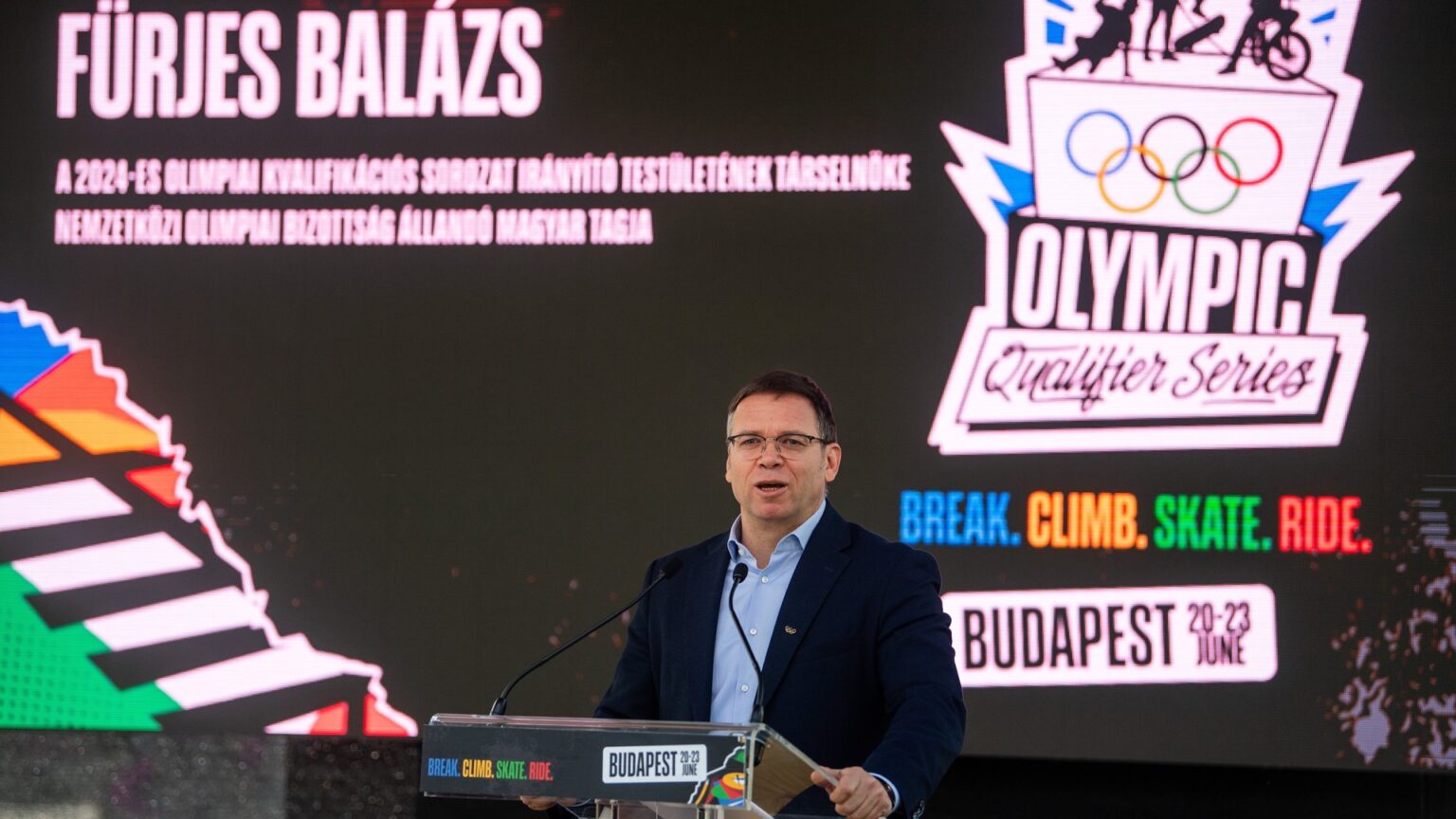
Fürjes told Hungarian public media that the 2024 Summer Olympics was overall a success for the French organizers, with over 9 million tickets sold to the events combined and over 3 billion TV viewers tuning in to the coverage. He also expressed his belief that Hungary could host the Olympics at the same level France just did. However, organizing the Olympics would take ‘joint action’ between the government and the Budapest leadership, which makes him somewhat sceptical about the likelihood of it happening.

Following a spectacular performance during the last day of the Paris Olympics, 23-year-old Michelle Gulyás won the gold medal in pentathlon. However, many would be surprised if she told them that when she is not competing in the Olympic games, she is chasing criminals.
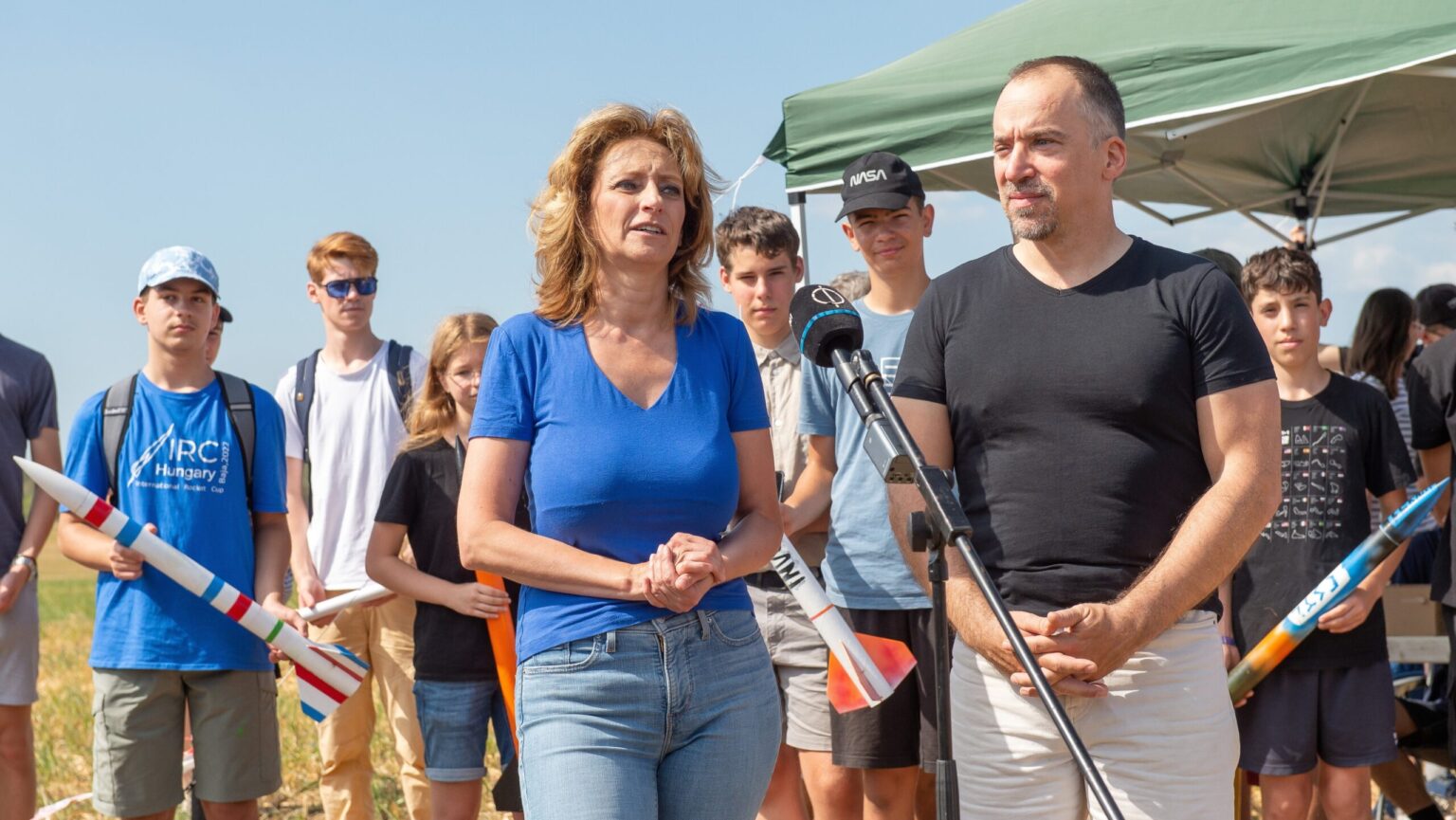
Hungary has increased its contribution to the European Space Agency’s (ESA) programmes fivefold over the past six years and will contribute €32 million to European space research next year. Orsolya Ferencz, Ministerial Commissioner Responsible for Space Research, emphasized the important role of youth in Hungarian space activities on the closing day of a rocket-building student camp on Sunday.

Disney’s Snow White, starring Latina actress Rachel Zegler in the titular role, will be coming to film theatres on 21 March 2025. Disney has released the official teaser trailer for its controversial new film.
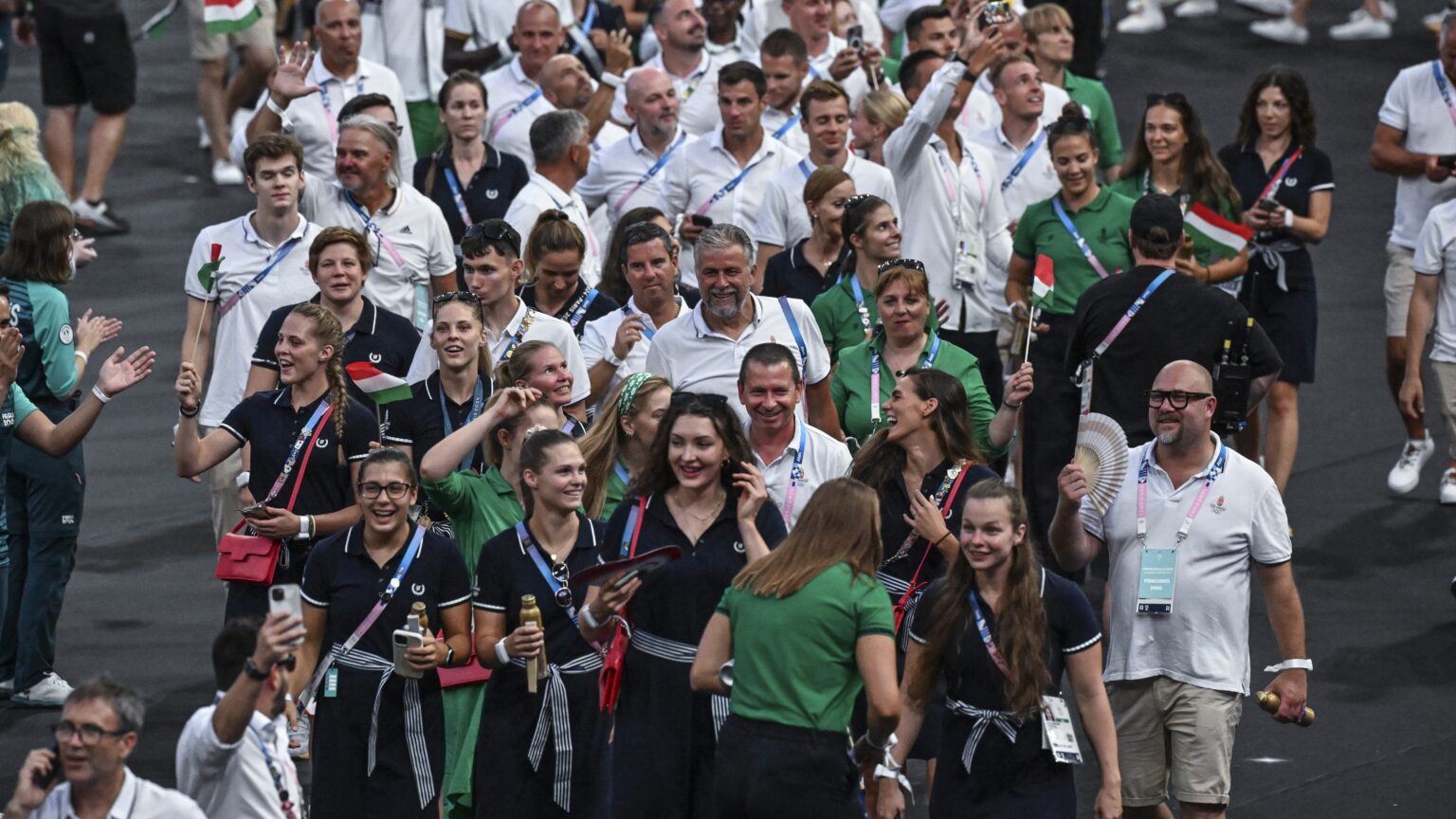
Hungary was represented by 178 athletes across 20 sports, where they won a total of 19 medals—6 gold, 7 silver, and 6 bronze—securing the 14th position in the medal table. This placed Hungary ahead of larger nations such as Brazil, with a population of 205 million, and Spain, with 48.7 million. Hungary’s dominance in the region was also evident, with the other best-performing nation in East-Central Europe, Romania, finished 23rd.
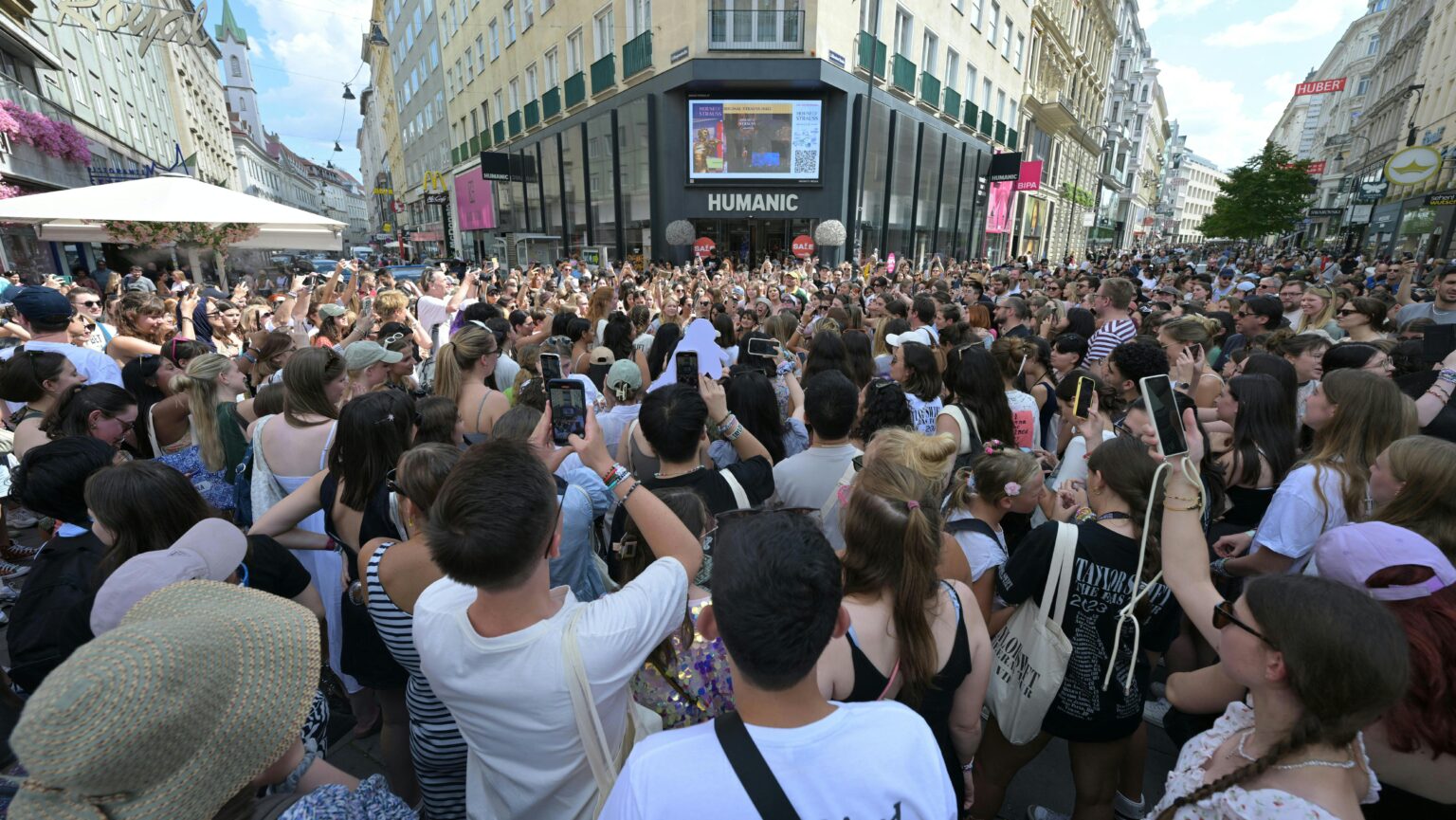
The cancellation of American singer Taylor Swift’s three concerts in Vienna due to a terror threat has once again highlighted the serious consequences of Brussels’ flawed migration policy. Balázs Orbán, the political director of Hungarian Prime Minister Viktor Orbán, emphasized the need for a fundamental change in the Western attitude towards the future of our society and culture to protect our children.